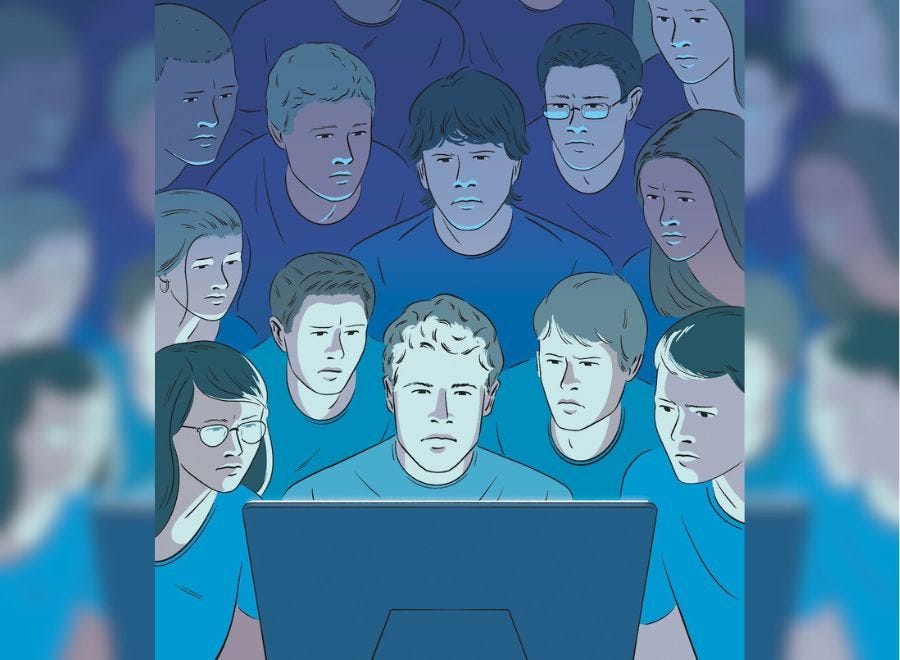Welcome back
Welcome back! And welcome to the seventh season of HeyReprotech.
For those of you who are new, thank you for subscribing. For those of you who are returning, thank you for sticking with me.
HeyReprotech is a weekly, independent, ad-free, subscriber-funded newsletter about the world of assisted reproduction. I am interested in anything and everything that intersects with assisted reproduction. From what it's like to transfer a mosaic embryo to questions people don't know to ask about egg freezing, from the costs of IVF to the burdens of having to search for a biological parent — you'll find it here.
To learn more about me, and some of the stories I've written over the years, check out my about page.
The newsletter will be sent to your inbox on Tuesdays at 10:30 a.m. Eastern Time. With a few exceptions, the full newsletter goes only to paying subscribers. Non-paying subscribers get a summary every week, and an occasional unpaywalled item.
On the final Tuesday of every month, I do a roundup of things to read, watch, listen to, attend, participate in or know about, and the roundup is open to everyone.
The first issue of every new year is always a book list. There are some great titles coming out. I'm trying to keep track of them all, but if you know of any recent or forthcoming titles that should be included, please drop me a line.
I'll end this note with a link to a story I published over the summer. It's about donor anonymity — the topic that first led me into the field of assisted reproduction. Here's a passage from the article that summarizes the shift that has taken place over my career:
"The first time a person ever tracked down an anonymous sperm donor this way was in 2005, and it was a 15-year-old boy from Colorado named Ryan Kramer. Five years earlier, he and his mother, Wendy, had launched the Donor Sibling Registry, an on-line platform where donor-conceived people could connect with half-siblings or donors through the donor identification numbers that clinics sometimes assigned. But Ryan wanted to find more about his sperm donor’s country of origin, so he kicked things up a notch.
"He spit into a tube and sent it to a company called FamilyTreeDNA. Genetic testing was not as refined back then, but because Ryan was male and had a Y chromosome, and because Y chromosomes are passed down relatively unchanged from father to son over many generations, much like surnames, Ryan’s Y chromosome was able to connect him with a surname. And that surname, after some sleuthing, led him to his biological father.
"I was the reporter who broke that story, and I still remember the dawning realization in many of the people I interviewed, including geneticists and fertility doctors, that the age of anonymity had come to an end. Today, with more sophisticated genetic testing and millions more people voluntarily handing over their DNA, finding genetic relatives is even easier. I used to write about people searching for their donors, but now it’s mostly stories of people finding them."
Alison Motluk. "Origin story." Broadview. 15 Aug 2024.
See you next week.

